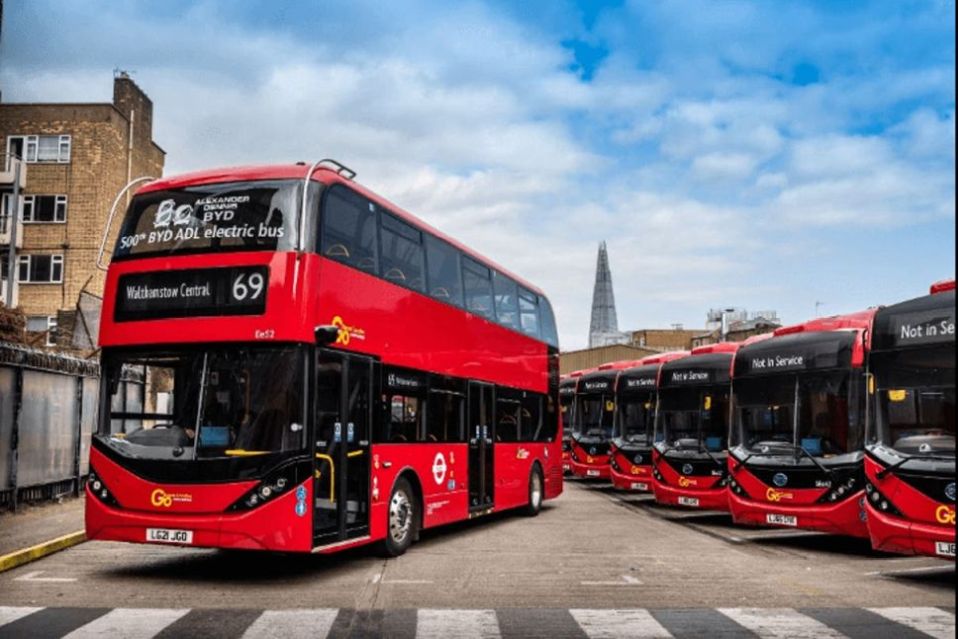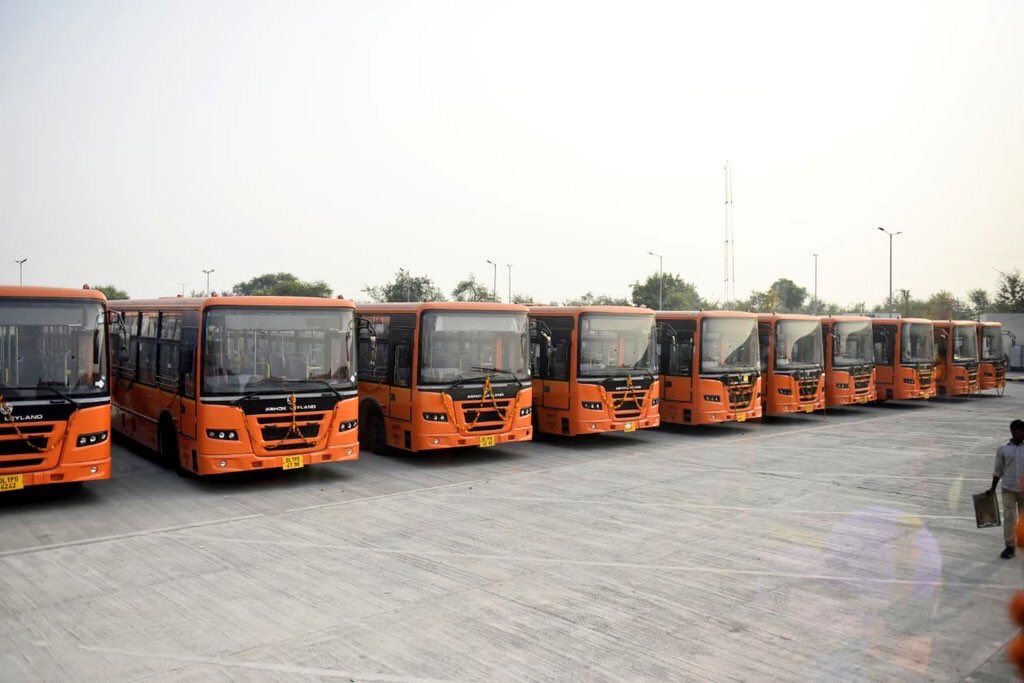After dilly-dallying for months, the Delhi Transport Corporation got its first electric bus on 18 January 2022, amidst much fanfare (for one single bus). Of course, given that it is Delhi, the media can’t be far behind, can it? In an article titled On board Delhi’s first electric bus: ‘Noise-free, easy to drive, futuristic’, the Indian Express highlighted the advantages of the singular bus and added that chief minister Arvind Kejriwal planned to add 300 buses by April out of a planned 1,500 buses under the Central Government’s Grand Challenge scheme.
Of course, its Delhi, so there has to be some controversy right? Rohini MLA Vijendar Gupta has approached the Lieutenant Governor Anil Baijal’s office alleging a scam in the procurement of 1,000 buses and Baijal in turn has asked the Home Ministry to investigate the matter.
The DTC currently has 3,760 buses while the Delhi Integrated Multi-Modal Transit System (DIMMTS) aka the Cluster Buses backs it up with an additional 2,933 buses, thus taking the total to 6.693. DTC has not procured buses in 14 years. The last purchase was made in 2008 when the current fleet of semi low floor buses was procured.
At the start of February, the DTC sent a proposal to the transport department to conduct a feasibility study on procurement of double-decker buses. The DTC hopes to procure at least 100 electric double-deckers. Under the Grand Challenge, the Central Government’s Convergence Energy Services Limited has allotted 1,500 electric single-decker buses and 100 electric double-deckers for Delhi. DTC wants the Government of NCT Delhi (GNCTD) to study whether these buses will be feasible for Delhi’s roads.
Delhi’s transport minister Kailash Gehlot made a claim that Delhi would be the first in the country to deploy electric buses on such a large scale while referring to the 1,500 buses. It is important to note that other cities are racing ahead, notably Mumbai under Aaditya Thackeray’s plan for a green transit solution (while conveniently delaying the Mumbai Metro under false pretenses). Mumbai’s BEST had said it would procure 900 electric double-deckers last month while it already has nearly 300 in its current fleet.
Gelhot however noted that Delhi had changed since it last saw double-deckers in 1985-1986 when the DTC came under the Municipal Corporation of Delhi (MCD) and these buses ran under the Suvidha service. With numerous road improvements, including flyovers and underpasses, trees and overhead cables, a proper study would be needed before inducting them into the fleet.
One key concern is the ability of a double-decker electric bus to climb flyovers while operating at full capacity.
If you are stepping out, make sure you wear a mask, follow COVID-appropriate behavior and keep your hands sanitised at all times. Delhi is not far from Maharashtra in terms of positive cases and deaths.
Featured Image: BYD Electric Bus in London
![]()


